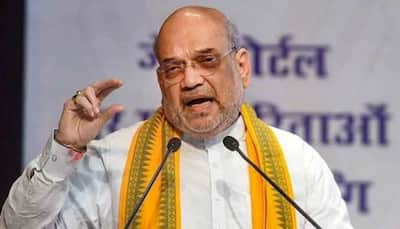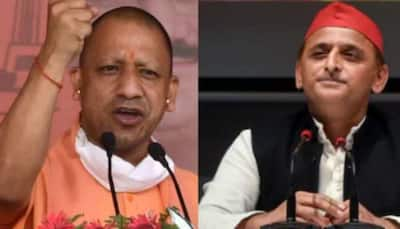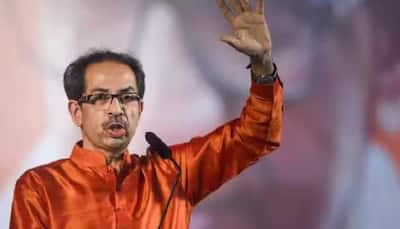World Diabetes Day, observed on November 14 each year, serves as a vital global awareness campaign focused on diabetes prevention, management, and education. This day emphasizes the importance of recognizing diabetes as a significant health concern, particularly in India, where it has reached alarming levels.
Diabetes is a chronic metabolic disorder characterized by high blood sugar levels due to the body’s inability to produce sufficient insulin or effectively use the insulin it produces, said Dr. Lubna Kamal, founder of Nano Homeopathy Institute of Research and Welfare. “There are primarily two types of diabetes: Type 1, which is autoimmune and usually diagnosed in children and young adults, and Type 2, which is more common and often associated with lifestyle factors such as obesity, lack of physical activity, and poor diet. If left unmanaged, diabetes can lead to severe complications, including cardiovascular diseases, kidney failure, and stroke,” said Dr Kamal.
India has earned the unfortunate title of the ‘Diabetes Capital of the World’. According to the International Diabetes Federation (IDF), an estimated 77 million people in India are living with diabetes, and this number is projected to rise to 134 million by 2045. The prevalence of diabetes among adults in India has risen significantly, with about 8.9% of the adult population affected. Dr Kamal said that this increase is alarming, given that India is home to a large population, meaning that the number of individuals impacted by this chronic condition is substantial.
Preventing diabetes is crucial, particularly in a country like India, where lifestyle changes have dramatically influenced health outcomes. Prevention strategies can significantly reduce the incidence of diabetes and its associated complications. The importance of prevention cannot be overstated, as diabetes is a precursor to several non-communicable diseases (NCDs) such as coronary artery disease (CAD), chronic kidney disease (CKD), and cerebrovascular accidents (CVA), which are among the leading causes of mortality in India.
“Preventive measures, including regular screenings, maintaining a healthy weight, adopting a balanced diet, and engaging in physical activity, can lower the risk of developing diabetes and its complications. Furthermore, the economic implications of diabetes prevention are profound. The financial burden of diabetes on the Indian healthcare system is enormous, with an estimated cost of $1.6 billion annually in direct healthcare expenses and lost productivity,” the Doctor said.
Investing in prevention programs can significantly reduce healthcare costs associated with managing diabetes and its complications, leading to a healthier population and improved economic productivity.
Recognizing the urgent need for diabetes prevention, Dr. Lubna has written to the Prime Minister, Health Minister, Governors and Chief Ministers of different states, advocating for the establishment of a dedicated cell in every hospital and nursing home for free diabetes and blood pressure screening. She believes that early detection can play a pivotal role in preventing the onset of diabetes and its complications.
The economic rationale for investing in diabetes prevention is compelling. A small investment in preventive measures can lead to significant savings in healthcare costs by reducing the number of diabetes-related complications, hospitalizations, and premature deaths. Studies have shown that every Rs 10 spent on diabetes prevention can save nearly Rs 600 in future healthcare costs associated with managing complications.
As we observe World Diabetes Day, it is crucial to recognize the urgency of diabetes prevention, especially in a country like India, where the prevalence of this chronic disease is rising at an alarming rate. By prioritizing prevention and making small investments in health education and screening programs, India can not only improve the health outcomes of its citizens but also reduce the economic burden of diabetes on its healthcare system. It is time to take action, prioritize prevention, and work towards a healthier future for all.
Stay informed on all the , real-time updates, and follow all the important headlines in and on Zee News.







